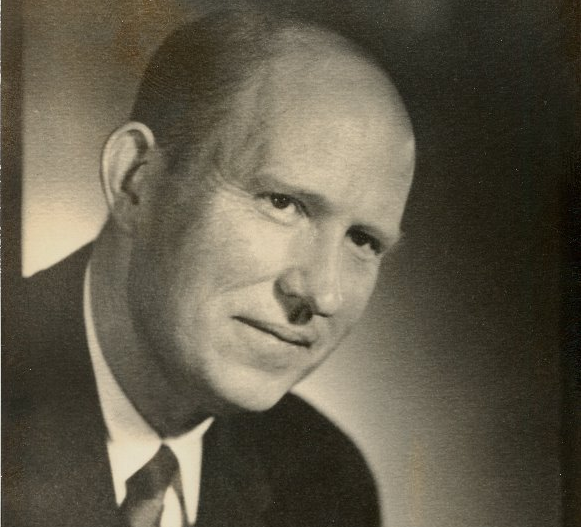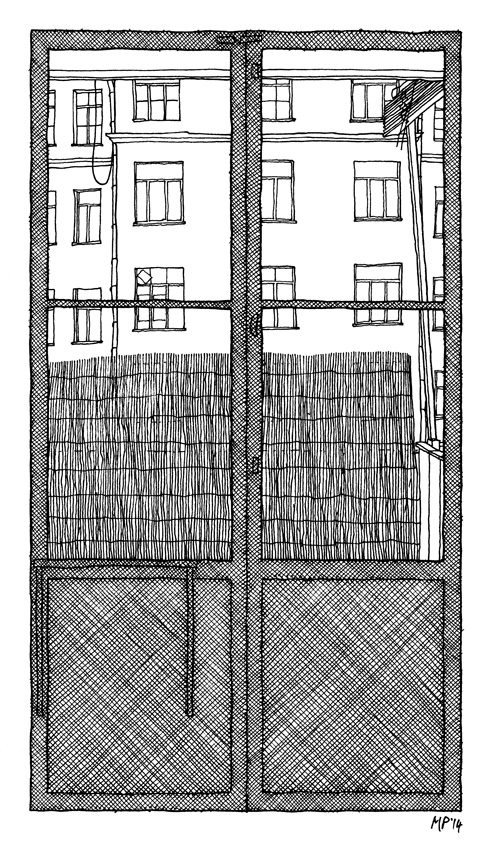Two weeks ago,Passion's Peak (2002) The Atlantic's editor-in-chief Jeffrey Goldberg reported that national security advisor Michael Waltz had accidentally added him to a Signal group chat used by U.S. government officials planning to bomb Yemen. Now we may finally know how it happened.
An internal White House investigation has determined that the Signalgate scandal was at least partially facilitated by a feature on Waltz's iPhone, according to The Guardian. Specifically, it was the iPhone's ability to detect a phone number in a text, algorithmically evaluate who it's likely to belong to, and suggest that a user add it to the relevant existing contact in their address book.
SEE ALSO: Waltz and staff reportedly used Gmail for official U.S. government business, raising security issuesThe Guardianreports that Waltz came to have Goldberg's number last October, after the reporter sought comment from Trump's presidential campaign for a story. Goldberg's emailed inquiry was forwarded to Trump spokesperson Brian Hughes, who copied and pasted its contents into a text message to Waltz — including Goldberg's email signature. Of course, this included Goldberg's phone number.
Waltz didn't end up calling Goldberg at the time. However, he did save the reporter's number in his iPhone under Hughes' name. He apparently did so at his iPhone's suggestion, after its algorithm erroneously concluded that Goldberg's number belonged to Hughes.
After that, it was really only a matter of time before things went wrong. So it seems that when Waltz attempted to add Hughes to the Yemen bombing Signal group chat in March, he inadvertently added Goldberg instead, making the reporter privy to sensitive military information. The significant security blunder called the Trump administration's digital security practices into question, with other breaches quickly discovered within days.
Waltz likely feels at least partially vindicated by the White House's findings. Speaking to Fox Newsthe day after The Atlanticpublished Goldberg's article, Waltz claimed that he had no idea how the reporter's number came to be in his phone, and speculated that "somehow it [got] sucked in."
Even so, contact update suggestions are mere suggestions. It's always up to users to check that the information is correct, as well as whether to apply the changes or not. In this case, it appears that Waltz simply accepted his iPhone's suggestion without checking the number.
Mashable was unable to trigger an iPhone contact information update suggestion in our own testing, and has reached out to Apple for comment.
In response to Waltz' comments to Fox News, Goldberg told NBC News, "[T]his isn't The Matrix. Phone numbers don't just get sucked into other phones. I don't know what he's talking about there. My phone number was in his phone because my phone number is in his phone."
It's a good reminder that as dazzling and convenient as technology may be, it isn't infallible. Be actively engaged, double check information, and never trust blindly — especially if you're a U.S. national security advisor.
(Editor: {typename type="name"/})
 Tennessee vs. Kentucky 2025 livestream: How to watch March Madness for free
Tennessee vs. Kentucky 2025 livestream: How to watch March Madness for free
 Happy Birthday, A. R. Ammons
Happy Birthday, A. R. Ammons
 Sadie Stein on Decorator Dorothy Draper
Sadie Stein on Decorator Dorothy Draper
 Nastia Denisova’s Window on the World
Nastia Denisova’s Window on the World
SpaceX's Starlink will provide free satellite internet to families in Texas school district
 To help close the digital divide, SpaceX will offer satellite internet to the education sector.The c
...[Details]
To help close the digital divide, SpaceX will offer satellite internet to the education sector.The c
...[Details]
Sadie Stein on the Museum of the City of New York’s exhibit “Gilded New York.”
 ExclusivityBy Sadie SteinFebruary 18, 2014Arts & Culture, Our Daily CorrespondentAlva Vanderbilt
...[Details]
ExclusivityBy Sadie SteinFebruary 18, 2014Arts & Culture, Our Daily CorrespondentAlva Vanderbilt
...[Details]
 FuturamaBy Sadie SteinFebruary 20, 2014First Person, Our Daily CorrespondentA still from Dave Fleisc
...[Details]
FuturamaBy Sadie SteinFebruary 20, 2014First Person, Our Daily CorrespondentA still from Dave Fleisc
...[Details]
Common Language by Sadie Stein
 Common LanguageBy Sadie SteinFebruary 12, 2014First Person, Our Daily CorrespondentPhoto: Konstmat,
...[Details]
Common LanguageBy Sadie SteinFebruary 12, 2014First Person, Our Daily CorrespondentPhoto: Konstmat,
...[Details]
NYT Connections Sports Edition hints and answers for March 4: Tips to solve Connections #162
 Connections: Sports Editionis a new version of the popular New York Times word game that seeks to te
...[Details]
Connections: Sports Editionis a new version of the popular New York Times word game that seeks to te
...[Details]
People are learning their real bra sizes thanks to a calculator that's gone viral on TikTok
 This viral breast size calculator that blew up on TikTok may change the way you think about bra size
...[Details]
This viral breast size calculator that blew up on TikTok may change the way you think about bra size
...[Details]
Nastia Denisova’s Window on the World
 Nastia Denisova, St. Petersburg, RussiaBy Matteo PericoliFebruary 14, 2014Windows on the WorldI’ve b
...[Details]
Nastia Denisova, St. Petersburg, RussiaBy Matteo PericoliFebruary 14, 2014Windows on the WorldI’ve b
...[Details]
People are learning their real bra sizes thanks to a calculator that's gone viral on TikTok
 This viral breast size calculator that blew up on TikTok may change the way you think about bra size
...[Details]
This viral breast size calculator that blew up on TikTok may change the way you think about bra size
...[Details]
Best robot vacuum deal: Save $300 on the roborock Qrevo Edge
 SAVE $300: As of March 5, the roborock Qrevo Edge is on sale for $1,299.98 at Amazon. That's a 19% s
...[Details]
SAVE $300: As of March 5, the roborock Qrevo Edge is on sale for $1,299.98 at Amazon. That's a 19% s
...[Details]
The Morning News Roundup for February 14, 2014
 Darling, Come Back, and Other NewsBy Dan PiepenbringFebruary 14, 2014On the ShelfPhoto: Jnlin, via W
...[Details]
Darling, Come Back, and Other NewsBy Dan PiepenbringFebruary 14, 2014On the ShelfPhoto: Jnlin, via W
...[Details]
Amazon Big Spring Sale 2025: Save $170 on Dyson Hot+Cool

Elon Musk reverses plan to get rid of 'light mode' on Twitter

接受PR>=1、BR>=1,流量相当,内容相关类链接。